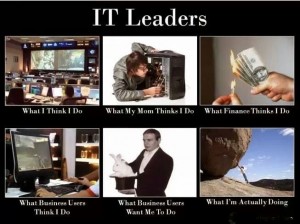
Happy Birthday Mac! Hard to believe that 30 years have gone by and the genius of the folks, headed by Steve Jobs, that resulted in a computer for the masses, has withstood the brutal technology landscape for so long. Many of the original ideas with respect to the interfaces still remain, giving a sense of familiarity that people crave for, while the underlying software has gone through enormous changes. The Macs, like all other computing devices, has gotten much faster and is able to do a lot more, but life’s simple pleasures such as ⌘Q still remain. I thoroughly miss Hypercard. I loved it and drove my officemate nuts by making Apple read the text in HyperCard, using MacinTalk, I think. Oh, those good old days!
I was listening to an NPR story on this today, I was amazed at the creativity of the group that designed the first Mac. “A self educated dropout, someone in the middle of an MD-Phd program, musicians, an archaeologist, and an artist” who formed the initial team that designed the Mac. Of course, the result shows that this was indeed a brilliant idea. Leave it to the techies and you will get Alt-CTRL-Del!
I have been fortunate to have participated in the evolution of the Macs since its existence. Since I worked in computational chemistry, we had plenty of chances to dabble in new technologies. Initially we used it for writing papers, but soon it became evident that it had enough compute power and a version of Basic programming language that allowed us to visualize small molecules. Soon after several programs emerged such as ChemDraw, that allowed you to draw and rotate small molecules with ease. This was extremely useful.
